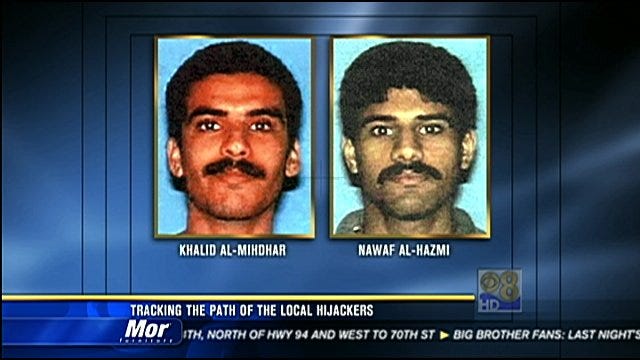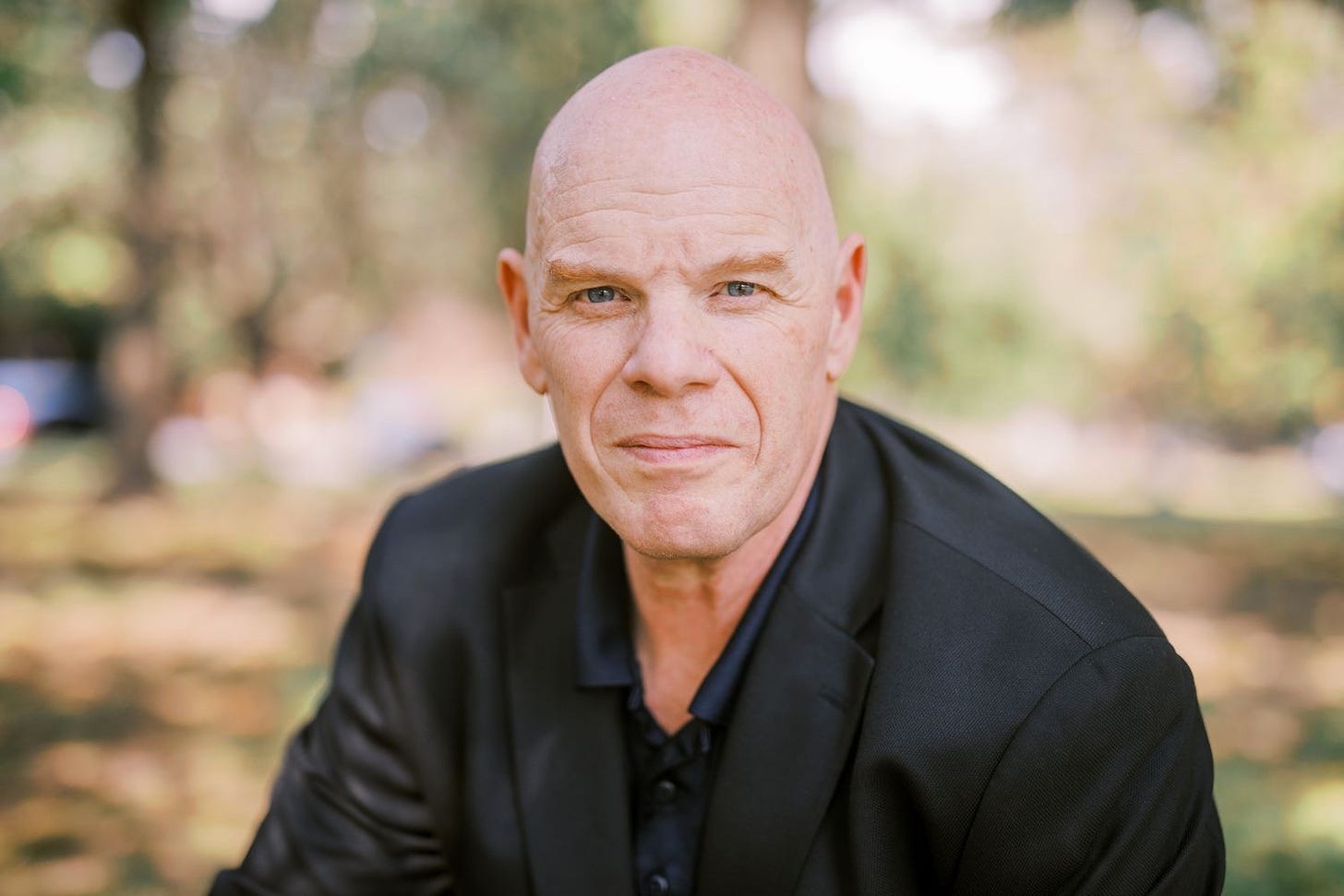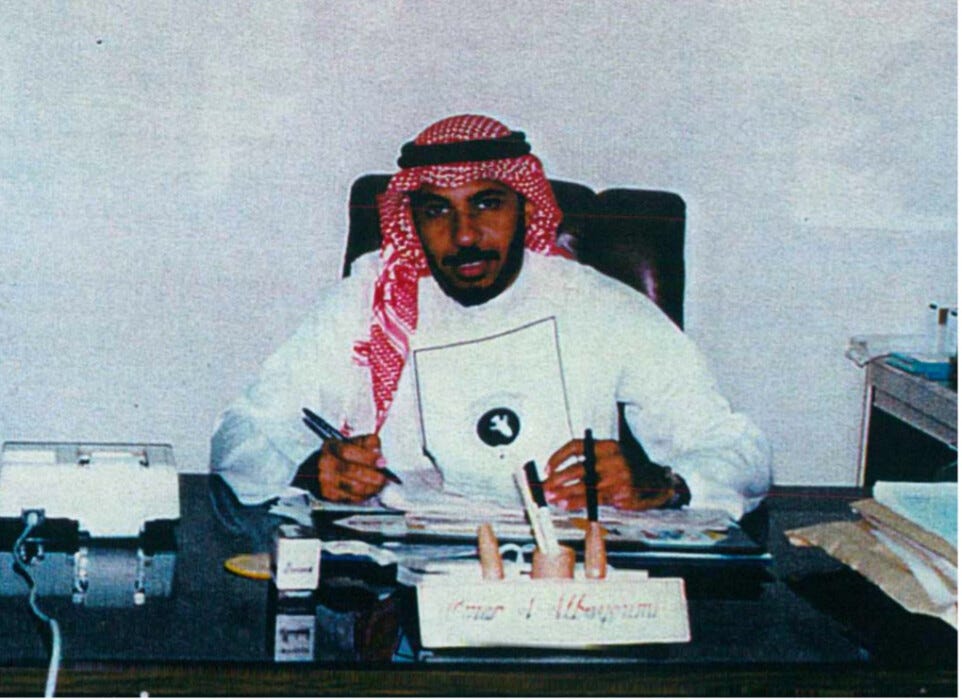A CIA spokesperson strongly disputed that claim, but stopped short of claiming that such files do not exist.
“The allegation that CIA is ‘hiding’ information related to the attacks of September11th, 2001, is false,” the CIA spokesperson tells SpyTalk. “CIA has fully complied with Executive Order 14040 of September 2021, which mandated the review and, wherever possible, public release of government information ‘collected and generated in the United States Government’s investigation’ of the attacks. In keeping with the executive order, CIA declassified the maximum amount of information possible in hundreds of documents, which are now publicly available online.”
A veteran CIA case officer involved in the 9/11 investigation tells SpyTalk that there may very well be some information on Bayoumi in a file somewhere in the agency. The CIA has contacts with many people, all over the world, and case officers are required to document them, this person said.
But the possibility that a CIA officer met Bayoumi once years ago doesn’t mean anything on its own, he said, and FBI agents making a big deal out of that are just trying to shift blame away from the bureau’s failure to heed the pre-9/11 warnings of its own agents.
An FBI agent in Phoenix, for example, requested an investigation of terrorists training at U.S. flight schools. Another agent in Minnesota wrote a memo theorizing that Zacarias Moussaoui, now serving life in prison for his role in the attacks, seemed like a terrorist planning to “fly a plane into the World Trade Center.” Both were ignored.





